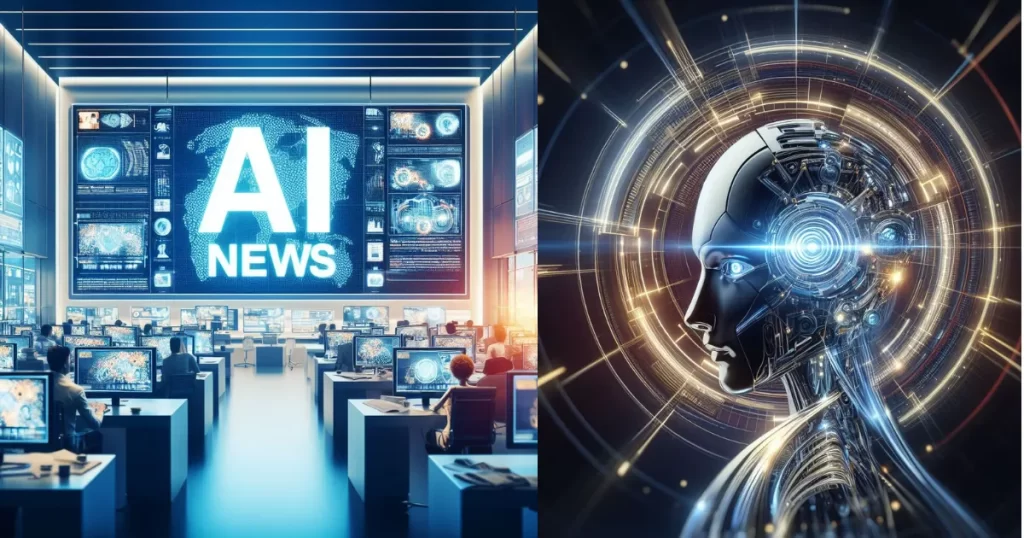The notion of “agentic AI,” or artificial intelligence agents, is quickly developing. These agents are becoming more widespread, prompting investors and researchers to consider what distinguishes the next generation of AI from existing models. In a series of recent blog entries, partners at Menlo Ventures, a venture capital company that backs AI firms such as Anthropic, discuss the future of AI agents and how they will outperform current systems.
According to blog entries by Tim Tully, Joff Redfern, Deedy Das, and Derek Xiao, fully autonomous AI entities in the future will have four fundamental abilities: reasoning, external memory, execution, and planning. These characteristics will enable AI to acquire more autonomy, beyond the capabilities of existing large language models (LLMs).
The authors clarify that today’s AI bots aren’t completely independent. To achieve the next degree of autonomy, AI must have greater influence over decision-making processes. Current LLMs have access to resources, such as external applications that aid with work, but they lack the capacity to make autonomous decisions about how to approach challenges.
For example, Anthropic and OpenAI have included tool usage into their systems, but the rationale behind these tools is still specified by human engineers. This implies the AI does not have total control over which tools to employ or how to solve problems. According to Menlo Ventures’ partners, this is what distinguishes present systems from fully agentic AI.
Menlo Ventures classifies AI agents into three categories, each with more autonomy. The first level is called a “decisioning agent.” This sort of agent use a language model to choose from a set of rules, allowing the AI to determine which tool to use for a specific task. Anterior, a healthcare program, is one example of this, since it employs artificial intelligence to make judgments based on specified principles.
The second degree of autonomy is known as the “agent on rails.” This sort of agent is given larger goals, such as reconciling an invoice with a ledger, and has greater freedom in determining which rules to follow to achieve those goals. Companies such as Sierra, which provides customer service AI, and All Hands AI, which focuses on software development, are striving to create these types of agents.
The third and most sophisticated degree of AI autonomy is the “general AI agent.” These agents are capable of dynamic reasoning and generating bespoke code, allowing them to completely control a company’s decision-making processes. This amount of autonomy is still in the research stage. Devin, a Cognition project, is one example of this, with the goal of developing the first AI software engineer.
While completely autonomous agents are not yet a reality, technology is rapidly progressing in that direction owing to the efforts of entrepreneurs and venture investors who back them. Venture capital businesses such as Menlo Ventures are at the vanguard of this transition, supporting technologies that will undoubtedly impact sectors in the future.
This information was summarized from an article written by Tiernan Ray, Senior Contributing Writer at ZDNet, originally published on September 30, 2024. You can check out the full article here.

I’m Voss Xolani, and I’m deeply passionate about exploring AI software and tools. From cutting-edge machine learning platforms to powerful automation systems, I’m always on the lookout for the latest innovations that push the boundaries of what AI can do. I love experimenting with new AI tools, discovering how they can improve efficiency and open up new possibilities. With a keen eye for software that’s shaping the future, I’m excited to share with you the tools that are transforming industries and everyday life.

